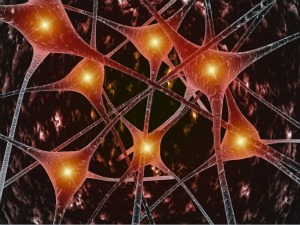Aaron Bowman
-

Blood-brain barrier on a chip sheds new light on “silent killer”
A new microfluidic device containing human cells that faithfully mimics the behavior of the blood-brain barrier is providing new insights into brain inflammation, the silent killer. Read MoreDec 6, 2016
-

Copper toxicity and Parkinson’s
A genetic predisposition to Parkinson’s disease makes neurons more vulnerable to the toxicity of heavy metals such as copper. Read MoreFeb 5, 2015
-

New tools to probe manganese biology
Vanderbilt researchers have developed tools to probe the role of the essential metal manganese in neurons, and which offer a started point for developing therapeutic agents for manganese-related neurological disorders. Read MoreNov 26, 2014
-

Grant aids search for Restless Legs Syndrome treatment
Vanderbilt University Medical Center has been selected as one of three sites to share a three-year, $1.3 million grant from the National Institutes of Health (NIH) to explore the potential therapeutic properties of manganese, a chemical element and biologically essential trace mineral, in treating Restless Legs Syndrome (RLS). Read MoreApr 3, 2014
-

Clinic helps patients cope with Huntington’s disease
Melissa Darnall could easily look around her family reunions and pick out who had Huntington’s disease (HD). The genetic disorder had affected four of her five aunts and uncles and her father, and the balance problems and shakiness typical of HD were readily apparent in those siblings. Read MoreNov 21, 2013